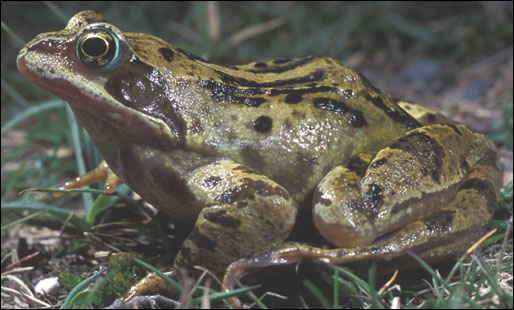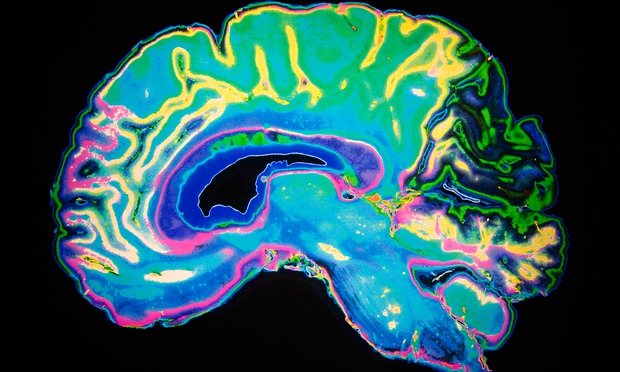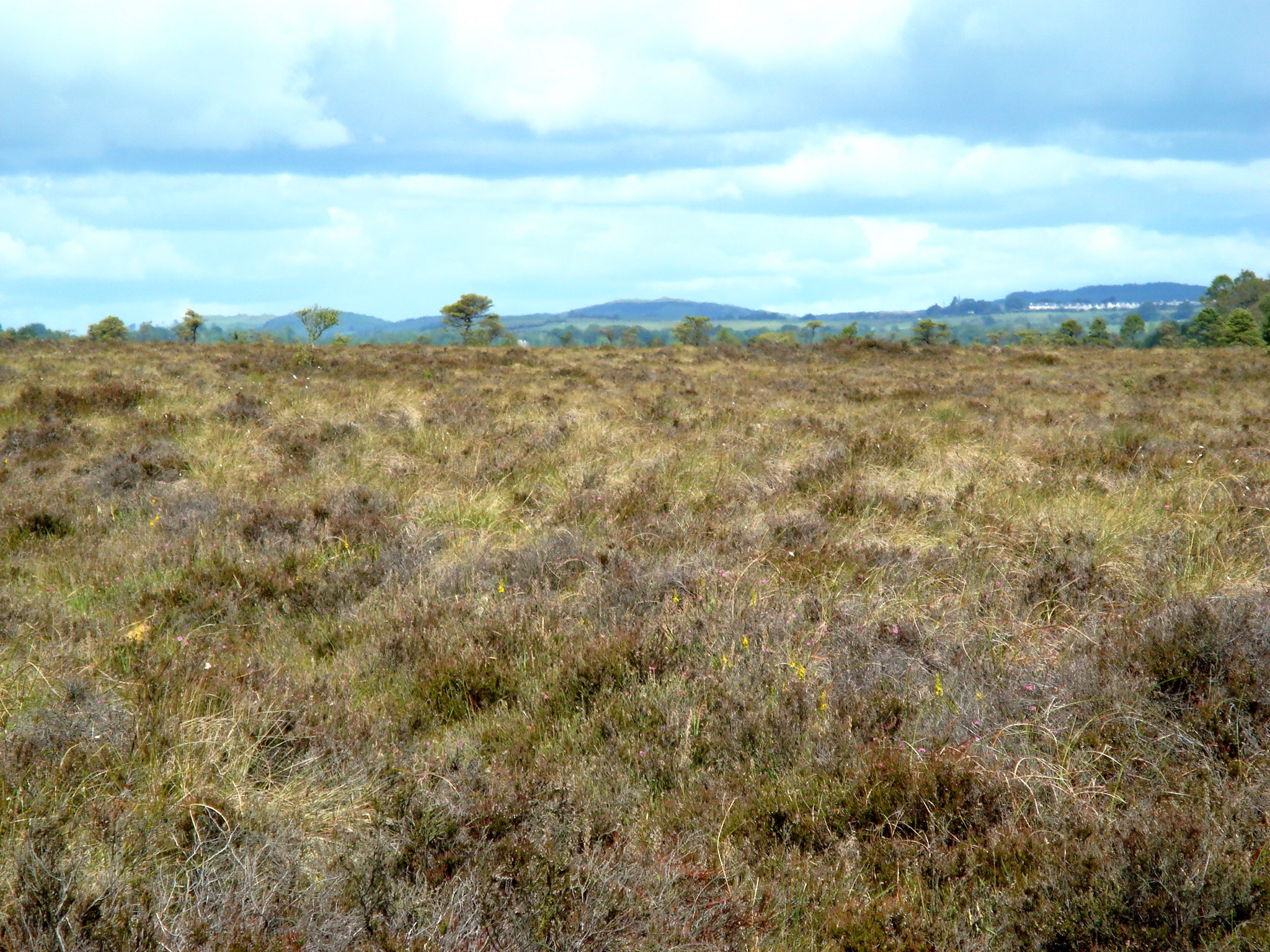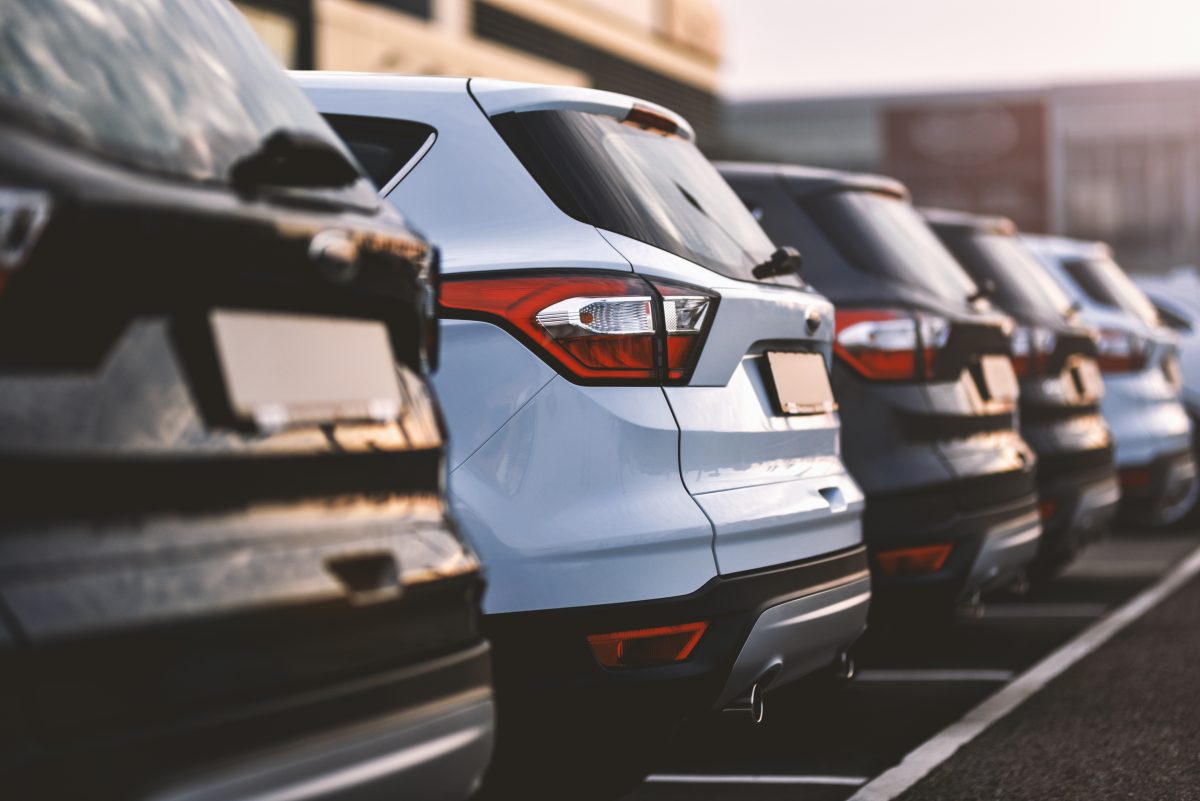Dr Stephen Flood on climate adaptation

26 February 2022
This Monday the second working group report from the Intergovernmental Panel on Climate Change is set to come out – and it will be focused on impacts, adaptation, and vulnerability.
We wanted to get a low-down on adaptation and cover some background around the topic, so we called up Dr. Stephen Flood, an adaptation social scientist at Irish Climate Research and Analysis Unit (ICARUS) at Maynooth University.
What’s the difference between this report and the report we saw in August?
The physical science report primarily looks at impacts on climatic systems, whereas this is looking more at climate change impacts on human systems. It’s got more of a social science focus compared to the first report, which focused on the physical side of climate change.
This report is looking at how climate change impacts countries and communities, as well as issues around health and cities. It’s more focused on the human dimension and adapting to future impacts of climate change – that’s the difference between the two.
How do you see the relationship between mitigation and adaptation?
Historically there’s been a lot of focus on reducing carbon dioxide emissions in terms of mitigation. Adaptation is kind of later to the show, but they need to work together.
It’s not either/or and I think that’s a shift people are recognising. It’s not that you mitigate or you’ll need to adapt – currently we need to be looking at both.
You need to be mitigating effectively but also making yourself more resilient to climate impacts. There’s inertia within the climate system, so there’s some guaranteed impacts no matter what level of mitigation occurs.
So it is a case of needing to adapt, and often actions that are adaptation actions can be linked with mitigation actions. For example, technologies or maybe transport solutions that can adapt to climate and reduce emissions as well.
So it’s not in competition with each other – they need to work together. I think it’s raising awareness and profile around the adaptation piece that’s important and will become increasingly so with climate impacts.
Why do you think there’s been that shift?
I think a lot of it is around an increase in scholars, researchers and practitioners working in the adaptation space. More and more climate adaptation is occurring so it’s becoming more well-known in that sense.
Also the physical scientists are noting that even with best case scenarios of emission reductions, there will be some climate change impacts that we’ll need to deal with.
So I believe it’s two things at play here – it’s more and more people working in the adaptation space and more and more people realising we need that adaptation action.
We can aim for a very ambitious mitigation, but even with very ambitious reductions there’s still going to be a range of impacts.
The distinction between the impacts of 1.5 and say 2 C is quite significant and there was some work done on that recently.
People are starting to understand the sensitivities better. In the latest physical science report that came out last August, there’s been more research showing climate attribution. Climate physicists and modellers can look at extreme weather events and assign attribution to how much of that event was linked to a changing climate so that we’re beginning to see that attribution science develop further and further.
What are some common misconceptions around adaptation?
I think historically there was a misconception that thinking about adaptation is to be defeatist, and that we should focus all our efforts on mitigation and we don’t need to adapt. But I think that was a misconception, and I think people have moved beyond that.
Rather than misconceptions I think it’s about educating people on what adaptation means. I think it’s about increasing societal resilience so that people can be more resilient to climate shocks and extreme weather events and to educate people as to what that means.
That can be overwhelming I suppose because it’s not just a couple of discreet solutions. If you want to adapt society to climate change you need to look across society as a whole. That can be scary to think in that way, but it’s quite holistic.
More and more social scientists are involved in this issue, particularly disciplines like environmental psychologists and sociologists. People are quite central to this, and a lot of this comes down to people’s behaviours and willingness to change.
[x_author title=”About the Author”]







